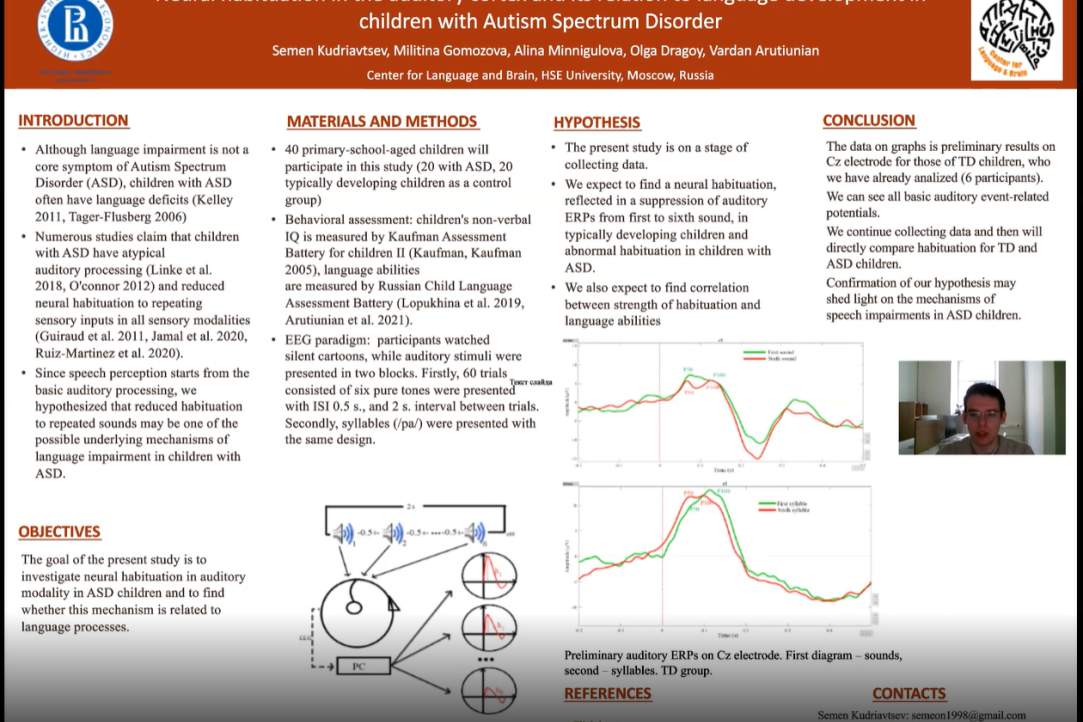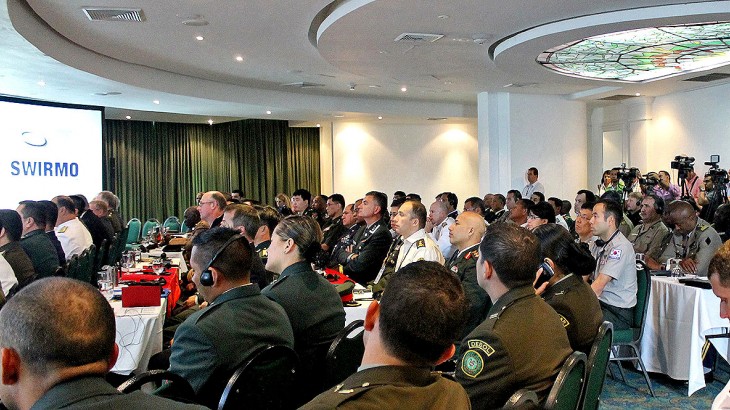On September 23, the HSE School of Philological Studies launched the third season of its international academic workshop on ‘The 19
th-Century Russian Novel: Corpus, Poetics, Social Imaginary’. We talked to Alexey Vdovin, Associate Professor at the School of Philological Studies, about the workshop’s plans and international cooperation, as well as to Ani Kokobobo, Chair of the Department of Slavic and Eurasian Languages and Literatures at the University of Kansas, who opened this year’s workshop with her report ‘Strange Bedfellows – Leo Tolstoy and Andrea Dworkin’.








.jpg)









.jpg)

